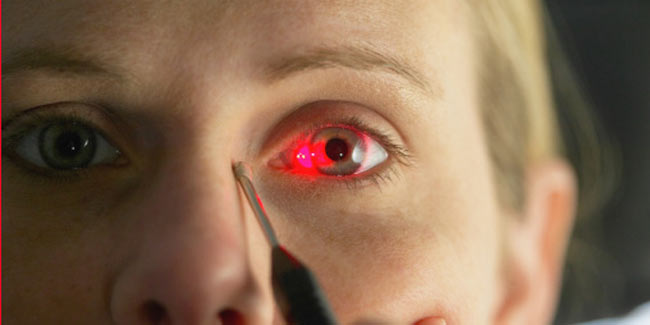
Who is at the Risk of Eye Floaters?
There are certain people who suffer from certain conditions which make them vulnerable. This includes:
- People who are over 50 years of age
- People who suffer from nearsightedness
- Eye trauma
- People who have complications from cataract surgery
- Patients of diabetic retinopathy
- People who have inflammation in the eye
Table of Content:-

Diagnosis for Eye Floaters
To diagnose floaters in the eye, the doctor will have to conduct a complete examination of the eye. This examination will also determine the prevalence of a serious underlying disease. Some part of the examination will include looking into the eyes after your doctor has placed pupil-dilating drops in your eyes.
Treatment for Eye Floaters
In most of the cases of eye floaters no treatment is needed. However, learning to deal with floaters may require some time and can be irritating for some individuals. But, with time the floaters can be ignored more easily.

There are treatments for floaters which have an effect on the vision. This happens in rare cases though. Sometimes the floaters become so large that they interfere with daily tasks. In such situations, the doctor may consider treating the eye for floaters.
The various options to treat floaters include:
- Laser treatment to dissolve floaters
- Surgery to remove the vitreous
Image courtesy: Getty Images
Read more on Eye Floaters Causes and Risks.
How we keep this article up to date:
We work with experts and keep a close eye on the latest in health and wellness. Whenever there is a new research or helpful information, we update our articles with accurate and useful advice.
Current Version